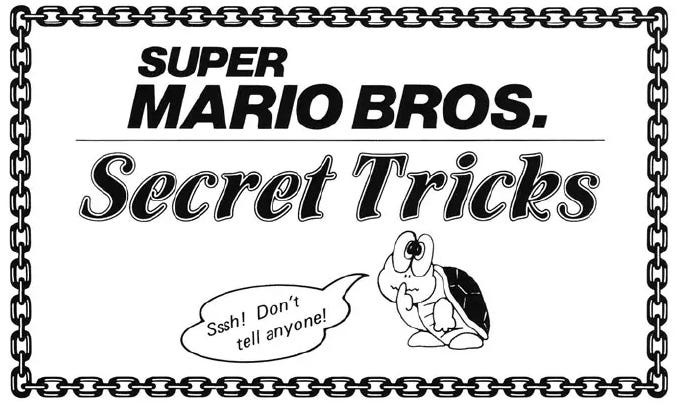How “The Super Mario Bros. Movie” made a billion dollars
A strategy guide for global success
The Super Mario Bros. Movie represents a remarkable achievement – dare I say a “level up”? – for a film based on a video game. Even if you aren’t a fan of the film itself, such as the critic who called it “a shiny and noisy infantile distraction,” the scope of its success is staggering. It trounced the competition to emerge as the top-earning movie of 2023 thus far. Less than a month after its American release, the film broke one billion dollars in box office ticket sales worldwide. This marks the first time a movie based on a Japanese franchise has ever entered that rarefied “1B league,” which until now has been almost entirely dominated by Disney films and remakes of Disney films—Frozen and its sequel, Toy Story 3 and its sequel, The Lion King (1994) and, uh, The Lion King (2019), etc., etc. Clearly, the only thing the world loves more than new things are old things in disguise.
This axiom actually describes The Super Mario Bros. Movie to a T. It’s a brand new film… based on a game close to forty years in age and stars a character well over, if you count Mario’s debut in the 1981 quarter-muncher Donkey Kong under the moniker of “Jumpman.” Which I do count. I have unique credentials to assess Mario’s birthdate, being both a survivor of Pac-Man fever and a veteran of the console wars.
The game Super Mario Bros. arrived in the fall of 1985, as a cartridge for the Famicom home gaming console in Japan. It was an immediate success there, then a society-wide phenomenon. So much so that a Super Mario strategy guide became the best-selling book in Japan for two years running. But this was nothing compared to the impact the game would have abroad. Super Mario Bros. debuted in American stores later that year and profoundly transformed the entertainment landscape. First, it proved the “killer app” for the Nintendo Entertainment System, speed-running the console’s spread throughout the USA. In so doing, one can argue that Mario almost single handedly resurrected the American video game industry, which had crashed and burned a few years earlier. Nintendo sold tens of millions of copies of the game over the remainder of the decade. By 1990, more American kids recognized Mario in a survey than they did Mickey Mouse. Mama mia!
This was a seriously unlikely turn of events.




